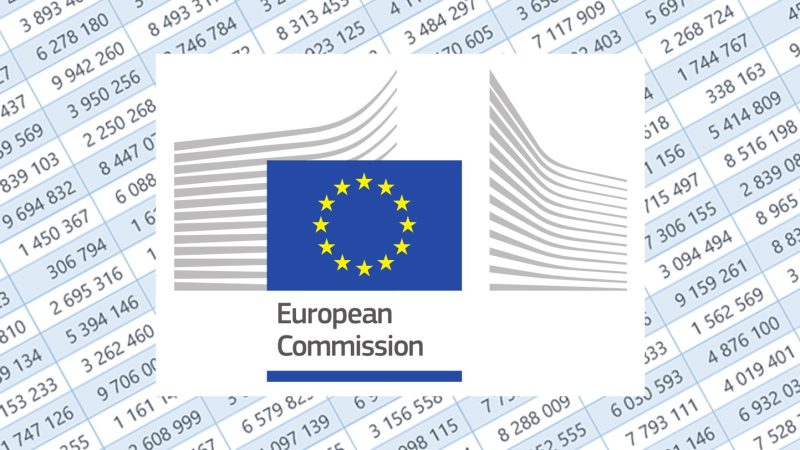Blog
The Data Act approved by the European Parliament
The European Commission aims to develop solutions in the field of standardizing the rules of access to data and the free flow of data in the EU, which will bring benefits to enterprises, scientists and public administration. Data is one of the drivers of innovation, so the issues of formulating rules defining who and when can access them need to be regulated.
The draft Data Act was approved by the European Parliament on March 14, 2023 and is currently awaiting approval as part of tripartite negotiations between EU institutions. The proposed new rules aim to boost innovation by removing barriers to data use. The new act is also intended to enable a wide range of entities, both private and public, to use data on clearly defined terms. According to the European Commission, 80% of the industrial information currently collected is not used. The implementation of the regulation should additionally contribute to the development of new products and services in the area of data technology.
Data generated by people or devices can be one of the factors of innovation both in activities undertaken by enterprises (e.g. development of products and services based on artificial intelligence), representatives of science (implementation of research projects) and by public authorities (e.g. shaping and developing smart cities).
The Act regulates the exchange of data generated as a result of the use of connected products or services in order to ensure the fairness of agreements regarding their sharing. The new regulations emphasize the need to use contracts specifying the scope of data provided by the company, while retaining the possibility of opting out of sharing. The regulations on the protection of trade secrets and the protection of enterprises against improper use of the information obtained by competitive companies have been strengthened. The proposed rules also aim to protect small and medium-sized enterprises against unfair contract terms imposed by companies with a much stronger position. It also specifies how public sector bodies can access data collected by the private sector in emergencies such as floods or fires.
In the study Assumptions for the “Roadmap” introduction of autonomous vehicles (CAD/CAV) in Poland, prepared by the consortium of the AV-PL-ROAD project, it was noted that the use of autonomous transport on a large scale is associated with the need to regulate the issue of access to data and the rules for their safe processing. The basis of autonomous mobility is information technology, communication and data management. Autonomous shared transport services, including public transport, will require cooperation with vehicle manufacturers who will have access to the databases of transport operators, containing customer lists as well as data generated during the operation of vehicles, regarding, for example, the environment (surrounding maps and driving habits of drivers). The data collected in connection with autonomous journeys constitute a unique knowledge base that can be the basis for the development of innovative products or services, thanks to which the implementation of the new regulations of the Data Act fits in with the needs of the development of autonomous mobility. Wider access to data, including knowledge, may positively affect the development of technologies that automate the process of driving, as well as services and processes supporting autonomous mobility.
Source:
www.europarl.europa.eu
Grabarek I., Kozłowski M., Czerepicki A., Bęczkowska S., Zysk Z., Kruszewski M., Pełka M., Balke I., Lewandowski S., Assumptions for the “Roadmap” introduction of autonomous vehicles (CAD/CAV) in Poland, Report on task 3 of the AV-PL-ROAD project, ITS own resources.


